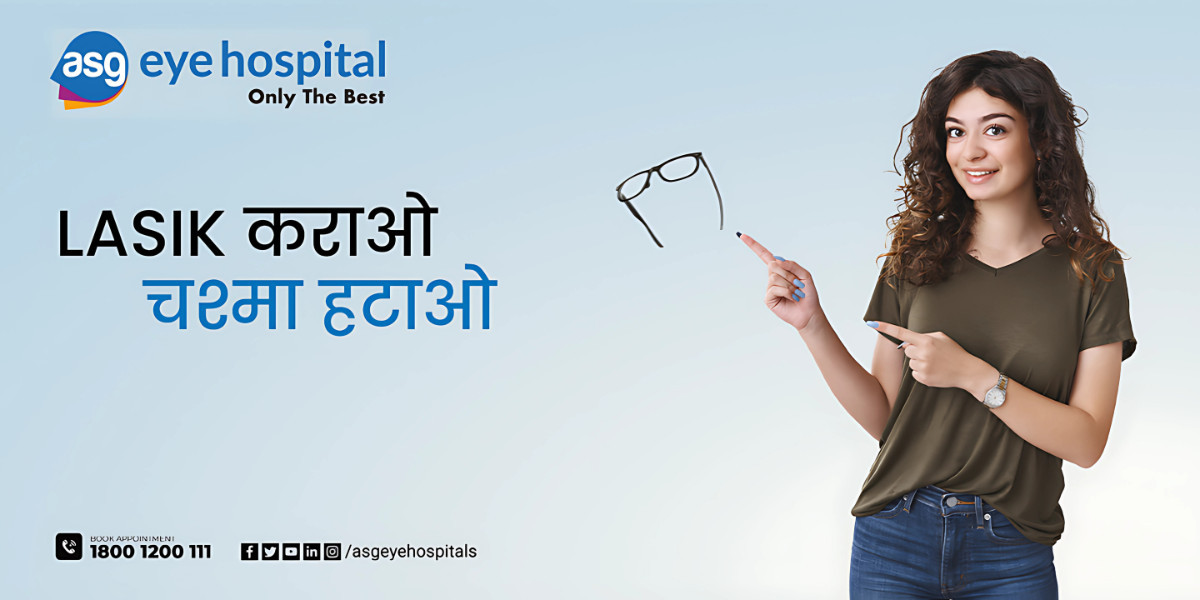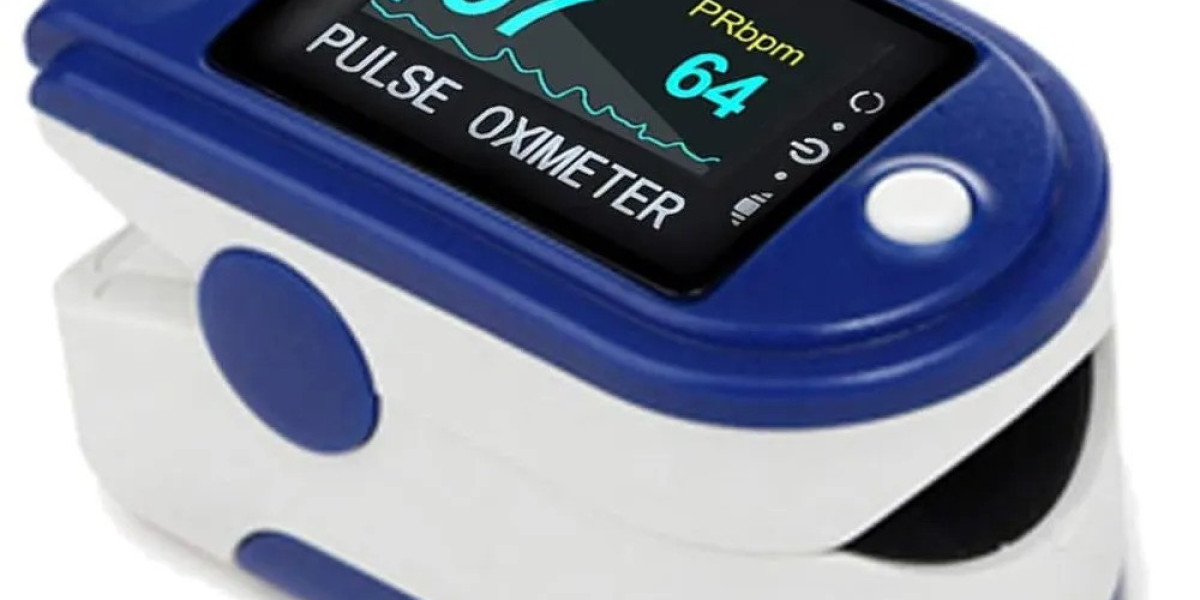Are you tired of constantly reaching for your glasses or struggling with contact lenses? Imagine waking up each day with crisp, clear vision, ready to take on the world without a second thought about your eyesight. For millions globally, and increasingly across India, this dream is becoming a reality thanks to LASIK eye surgery.
LASIK, which stands for Laser-Assisted In Situ Keratomileusis, is a highly advanced and widely performed refractive surgery. It works by reshaping the cornea – the transparent front part of your eye – using a precision laser. This reshaping corrects common vision problems such as myopia (nearsightedness), hyperopia (farsightedness), and astigmatism, allowing light to focus properly on your retina and giving you sharper vision. The procedure itself is remarkably quick, often taking less than 15-20 minutes for both eyes, and is performed on an outpatient basis. When considering such an important procedure, it's crucial to choose a reputable facility. For those seeking top-tier care, exploring options like the best eye hospital in Mumbai or renowned clinics offering lasik eye surgery can provide peace of mind.
The journey to clearer vision with LASIK begins with a thorough pre-operative evaluation. This comprehensive assessment determines if you are a suitable candidate for the procedure. Factors like your eye health, corneal thickness, and stability of your prescription are carefully examined. Modern LASIK technologies, such as Contoura Vision and Femto-LASIK, offer highly personalized treatments by creating a detailed 3D map of your eye's unique contours. These advancements aim to provide even sharper visual outcomes and minimize potential side effects like glare and halos, especially noticeable at night.
During the LASIK procedure, numbing eye drops are applied to ensure comfort. A microkeratome or a femtosecond laser is used to create a thin, hinged flap on the cornea's surface. This flap is gently lifted, and an excimer laser then precisely reshapes the underlying corneal tissue according to your individual vision correction needs. Once the reshaping is complete, the corneal flap is carefully repositioned, where it naturally adheres without the need for stitches.
Recovery after LASIK is generally swift. Many individuals experience significant improvement in their vision within 24 to 48 hours. You might experience some mild discomfort, dryness, or light sensitivity immediately after the procedure, which are typically managed with prescribed eye drops and subside within a few days or weeks. It's crucial to follow your eye surgeon's post-operative instructions diligently, which include avoiding rubbing your eyes, wearing protective eyewear, especially while sleeping, and refraining from swimming or applying eye makeup for a specified period. Regular follow-up appointments are essential to monitor your healing progress and ensure optimal results.
While LASIK boasts a high success rate and offers life-changing benefits, it's important to be aware of potential, though rare, risks. These can include dry eyes, glare, halos, or, in very few cases, under-correction or over-correction. A comprehensive discussion with your eye surgeon about these possibilities during your consultation is vital to make an informed decision. For many in India, the freedom from glasses and contact lenses translates into enhanced confidence, convenience in daily activities, and improved participation in sports and hobbies. The long-term savings on eyewear and solutions also add to its appeal, making LASIK a compelling choice for vision correction.
In conclusion, LASIK eye surgery offers a path to remarkable visual freedom for many. With advanced technology and skilled ophthalmologists, the procedure is safer and more effective than ever before. If you're considering this transformative procedure, consult with a qualified eye specialist to determine if it's the right choice for you, whether you're seeking best eye hospital in Mumbai or elsewhere.








